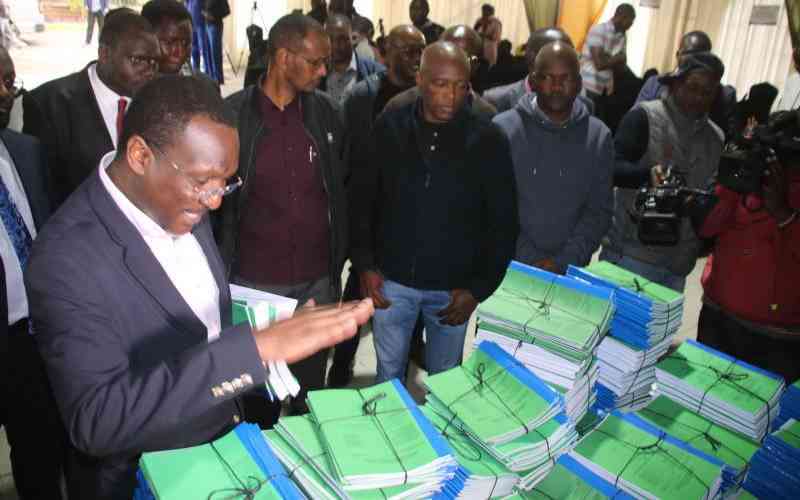
On Monday, August 24th 2022, Raila Odinga and Martha Karua led the Azimio team in submitting their presidential election petition. They were accompanied by a battalion of lawyers, politicians and supporters bitter with the August 15th announcement of the presidential election results.
A presidential petition is not new to Mr Odinga. The Kenya Kwanza team have been quick to brand the Azimio flag bearer a perennial loser but in this case, with the damning evidence and chain of events that preceded August 9 elections, an injustice has been meted out not just against Raila and his running mate Karua, but to all Kenyans.